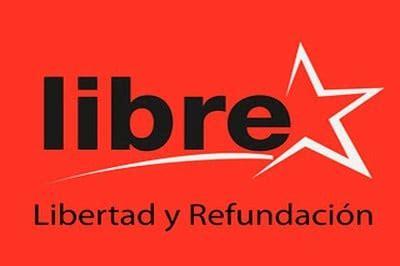In her inauguration speech as the first woman to be elected President of the Republic of Honduras, Xiomara Castro said that among her priorities is an amnesty law for political prisoners, prisoners of conscience and the return of exiles who had to leave Honduras. Among other immediate actions, Castro stated that she will be working towards the dismantling of the controversial Special Economic Development Zones (ZEDEs), the condemnation of the 2009 coup d'état, and the fight against impunity and corruption. She also stressed the urgency for the Guapinol water defenders--who have been held in pretrial detention for more than two years--to be released and for there to be justice for Berta Cáceres, the world-renowned Indigenous environmental defender who was assassinated in 2016. Read her full inauguration speech from January 27, 2022 in this article.
- Home
- About Us
- Issues
- Countries
- Rapid Response Network
- Young Adults
- Get Involved
- Calendar
- Donate
- Blog


